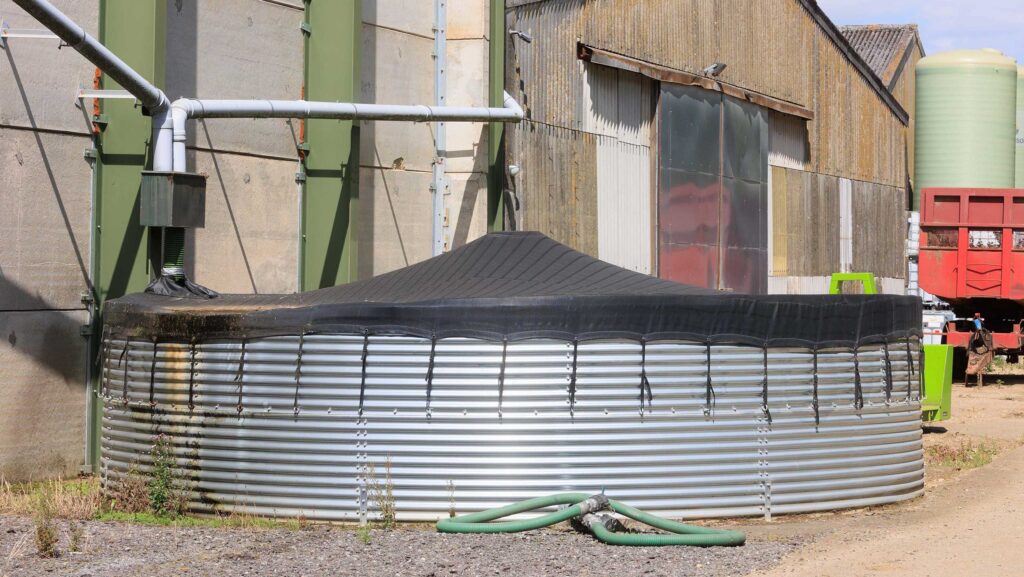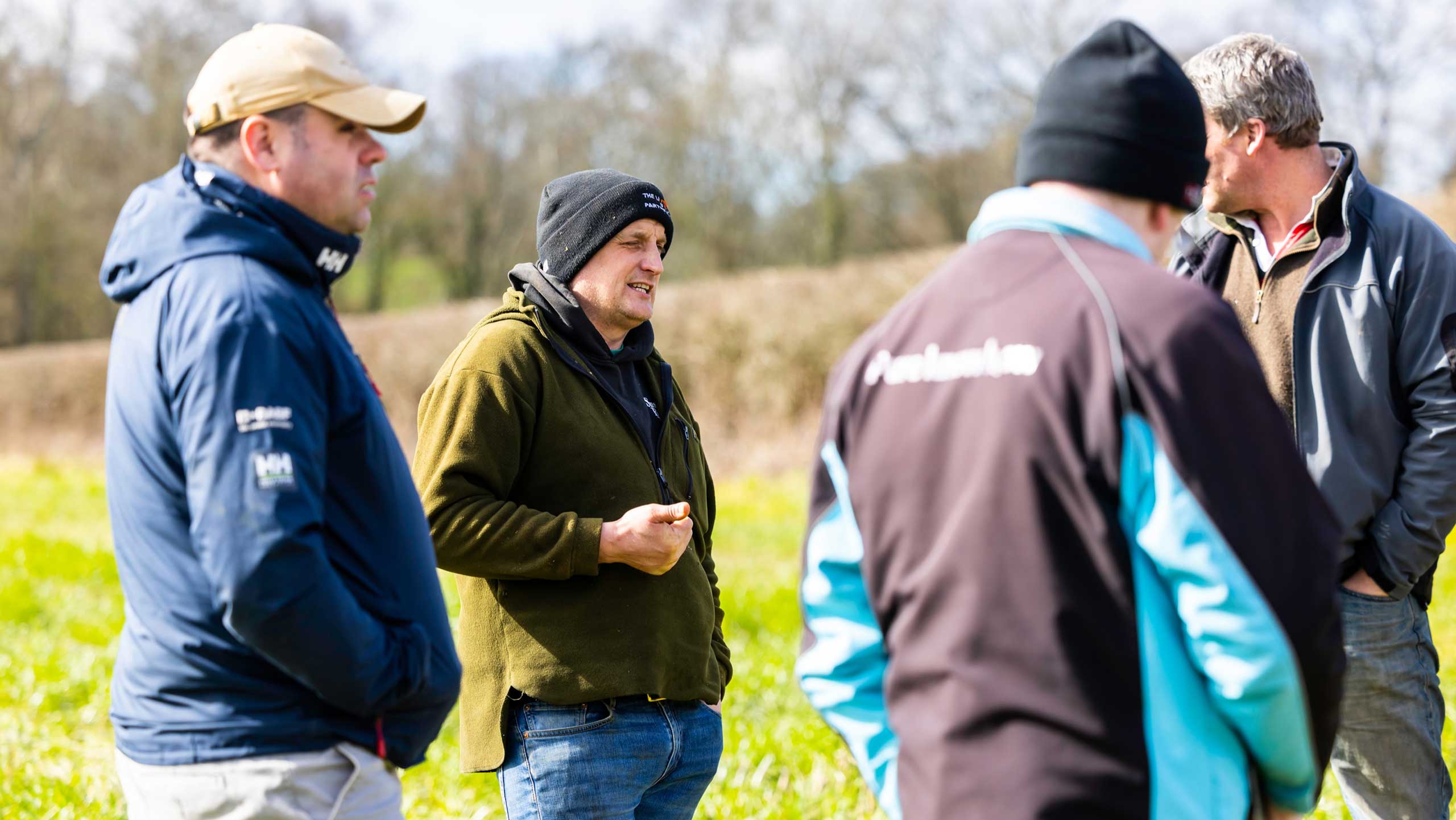South East Water exceeds land management targets
 © Tim Scrivener
© Tim Scrivener South East Water has exceeded its five-year targets for improving raw water quality by working in partnership with farmers and landowners across priority catchment areas in the South East of England.
Through its capital grants scheme, the company has supported the sustainable management of 15,097ha of land, surpassing both its internal target of 15,017ha and the 14,217ha goal set by its regulator, Ofwat.
The scheme provides funding for land management practices and items that benefit water quality and quantity.
See also: MPs urge ban on solar farms on top-grade farmland
Measures include planting cover crops, installing new guttering, using soil health monitoring technology, reducing pesticide and fertiliser use, and cutting soil run-off into rivers and groundwater.
These improvements reduce the need for costly treatment further downstream.
“Reaching this milestone is a testament to the power of partnerships,” said South East Water’s head of environment, Emma Goddard.
“By working directly with the farming and landowner community, we’re improving water quality in a way that is mutually beneficial.
“Rather than relying solely on costly treatment processes at the water treatment works, we have prioritised treating water at the source, which is significantly more cost-effective for the company and consumer.”

© South East Water
Simple improvement brings savings
A participant in the scheme, arable and beef farmer Michael Richards of Broad Park Farm near Ringmer in East Sussex, explained how a simple infrastructure improvement has led to meaningful savings.
“The guttering of the barn was replaced, and the rainwater collected from the guttering directed into a ditch. The run-off water from another barn is conducted into a water harvesting tank,” he said.
“It’s a great advantage because we do lots of crop spraying here. We save several hundred pounds a year by not using mains water.
“It’s cost-effective because all the water that we use for crop spraying and the cattle drinking water is ultimately free of charge.”
More information on South East Water’s catchment management work is available at: southeastwater.co.uk/catchmentmanagement.
